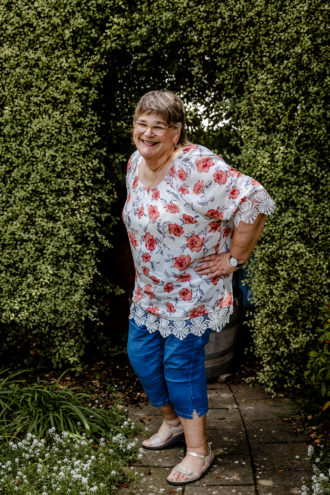
An old workmate contacted me to say she was arranging a get together of colleagues. Was I interested? The memories were not all fond, but I thought it would be nice to catch up to see what had transpired in each of our lives over the 30 years.
We met at a local restaurant for a meal. Some of us shared what we were doing in our lives, others reminisced about the past. Laughter and tears flowed around the table. On the surface, it was a healthy meeting of old workmates, but I felt uncomfortable. My first conversation went nowhere. I tried a couple more times, but I was unheard. Then, my old feelings of rejection surfaced.
On the way home I analysed my feelings to relieve the discomfort I felt. What had just happened? Why couldn’t they hear me? Then it dawned on me: I had lost weight, looked completely different and was a confident, intelligent woman. Much had changed in me, but not so much in the others. These people did not know the person I had become.
We tend to assume that what we see on the outside of a person is who they are, and we forget that we are more than this. My acquaintances thought they knew me, but they only knew their own perception of me.
I’ve heard it said, ‘don’t expect the world to change because you have changed’. When we have worked through our stuff the world looks different to us, so we assume those around us are different. But they aren’t, our perception of them has changed. Another statement is ‘you cannot heal in the environment which damaged you’. My experience is that both statements are true.
How many of us return to our family having changed our thinking and behaviour only to discover that our parents and siblings treat us as if we had not grown up? Why is this, you ask?
The two statements work together, firstly going back into a situation where we have been hurt usually means relating to those who have not grown through their own unhealthy patterns; hence they are likely to treat us the same again. Secondly, people are resistant to change. We don’t want to change, after all it is hard work.
In fact, you may find the familiar faces of the past bully you into being the person you once were, because that is who they think you are. If we change, then to maintain a relationship, the other in the relationship must also change, or we are forced back into our old ways just to fit in.
So next time you relate to someone from the past, don’t blame yourself if they do not acknowledge the new you. Personal change can be a painful process, and many avoid it.
In love, Jenny